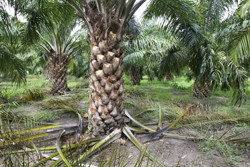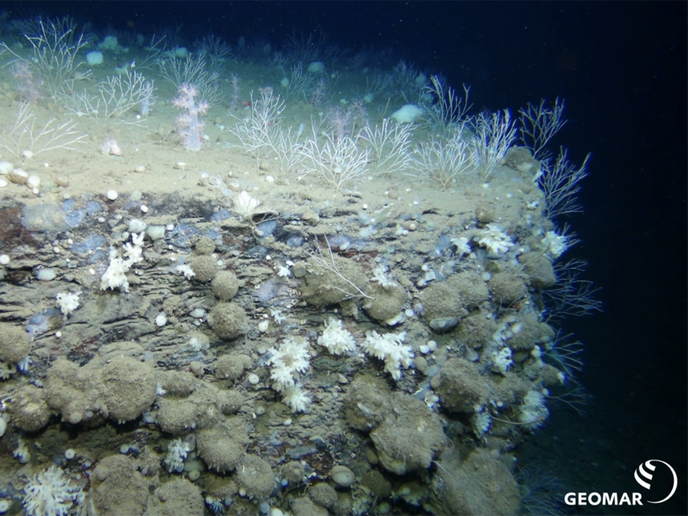At what costs do African biofuels come?
Biofuel crops like jatropha and sugarcane are increasingly cultivated worldwide for their economic value. However, there is little understanding of the overall impact of biofuel crops on ecosystems and the socioeconomic status of people relying on those ecosystems. The EU-funded 'Rapid assessment of biofuel potential and impact on ecosystem services' (ABIOPES) project used an ecosystem services framework to judge the direct and indirect impacts of biofuel production. Researchers began by reviewing the literature around biofuel crop production, and categorising the impacts based on effects on ecosystem services. They found that jatropha, sugarcane and oil palm cultivation negatively affect food and fodder provision, water availability, biodiversity and soil erosion. These changes in turn impact on income, food/fuel security, access to land and public health. Overall, biofuel production led to major trade-offs in these areas for communities within an ecosystem. In another aspect of the ABIOPES project, scientists surveyed two jatropha projects in southern Africa: a large plantation and a smallholder project. They found that the major effect of these plantations was a decrease in land available for food production. Researchers did note a small positive impact through increased income for farmers and labourers. Finally, ABIOPES produced a policy report highlighting the impacts of biofuel production on human well-being in SSA. This project will bring clarity to the debate around biofuels policy in a changing world.
Keywords
Biofuel, ecosystem services, human well-being, sub-Saharan Africa, jatropha







